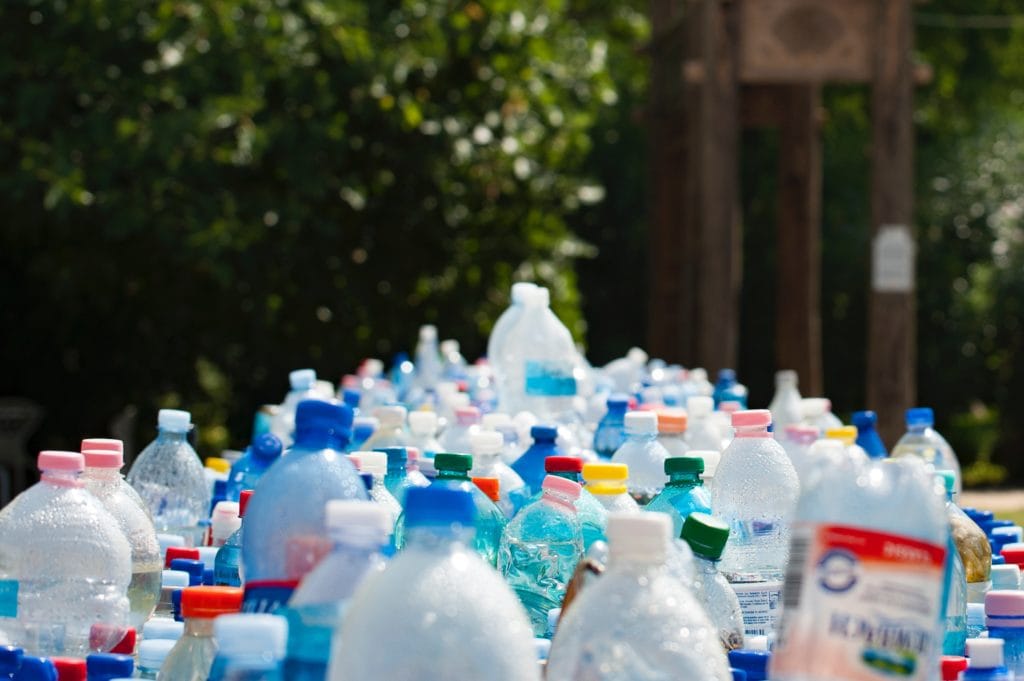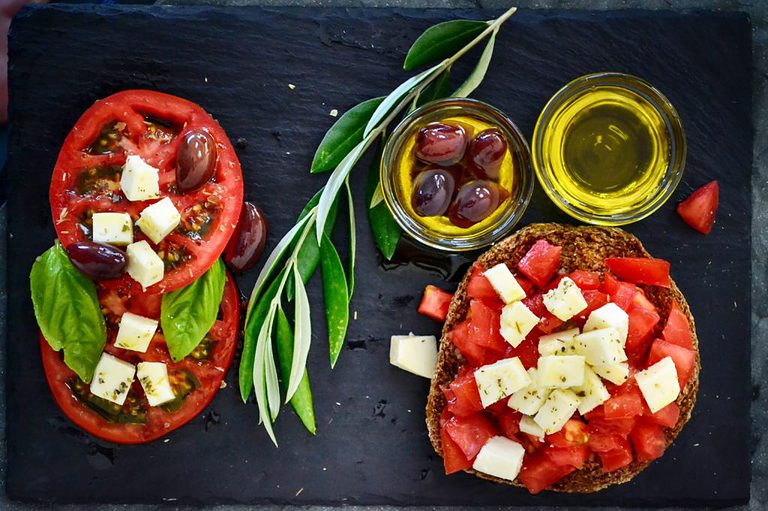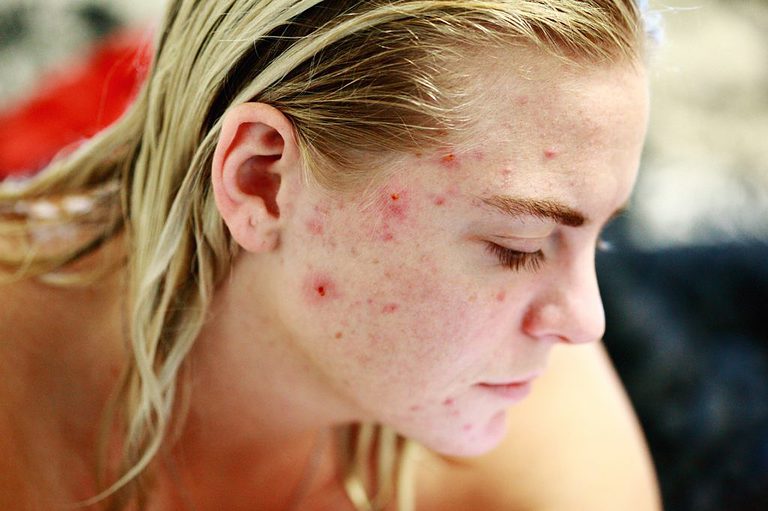If you have downloaded my ultimate pre-conception lifestyle checklist already, then you know I recommend when trying to conceive to reduce your exposure to environmental contaminants that can play a role in interfering with hormones and your menstrual cycle too!
A brief warning before we dive down deep into the research on this topic of plastic, chemicals and the impact on your hormones and fertility. I want to preface with, many women, particularly, find that once they have this information it is quite overwhelming thinking about plastic containers, coffee cups, hair and skincare, household cleaning items and everything in between!
Just breathe…
Start by making some small changes without turning your life upside down, and remember we can only control so much, focus on the things you are using every day then every week and so on and so forth. Chances are you’re probably not going to get your local Thai takeaway on board with BPA-free, glass or stainless steel containers for your Friday night takeout.
First of all…
What is BPA?
BPA stands for bisphenol A, it has been used since the 1960s and is a chemical used to make plastics and resins.
BPA is classified as an endocrine-disrupting chemical or EDC. There are many of these as our society has become more industrialised.

BPA can be found in the following products:
- Food containers
- Water bottle
- Baby bottles
- Hygiene products including pads and tampons
- Thermal printed receipts
- CDs and DVDs
- The lining of canned foods e.g. tuna, beans, vegetables
So you’ve probably come into contact with BPA living in the modern world we do where plastics are literally everywhere!
How does BPA enter the body?
You may be asking yourself, “so what? If it doesn’t get into my body, that’s okay right?”
Research suggests that our diet is the biggest source of BPA exposure (Geens et al., 2012). Turns out, some of the BPA isn’t necessarily in the product, so some can get into the food or fluid in BPA-containing products.
A study has shown that BPA levels measured in urine declined by 66% after just 3 days when participants avoided packaged foods (Rudel et al., 2011).
The WHO has even reported higher BPA levels in formula-fed babies using BPA-containing bottles compared to breastfed babies (WHO, 2011)!
Just another reason to be encouraging breastfeeding.
So, it is most definitely getting into (and thankfully) out of our bodies, but what effect is it having whilst in there…?
How does it affect hormones & fertility?
There seems to be a bit of a debate over whether BPA is even harmful by some experts, as our food supply abides by the appropriate limits which are thought to be safe.
However, many countries have restricted the use of the substance including Canada, Malaysia, China, and the EU, especially in baby products. Almost all baby bottles in Australia are now BPA free too after a scare a number of years back.

The estrogenic effect of BPA was first discovered back in the 1930s, it is also known as xenoestrogen (xeno meaning foreign or strange), and can exert an estrogen-like effect on the body by binding to estrogen receptors, even at low concentrations.
Many animal studies have shown a direct impact of BPA on various hormone and fertility parameters (Santangeli et al., 2017). There has also been some evidence that it can change whether genes are switched on or off, also known as epigenetics, which is critical for our own health and those of our future children too (Santangeli et al., 2017).
Read more about why pre-conception nutrition is so important
Further to this, a review also showed a potential link between female infertility and BPA exposure impacting implantation (i.e. the ability for the embryo to implant into the endometrium), estrogen cycles and even the hypothalamus-pituitary-ovarian axis in mice studies responsible for female reproductive function (Ziv-Gal & Flaws, 2016).
A 2016 study of 268 women with PCOS and infertility studied whether there was any association between BPA levels in their urine, to their AMH (ovarian reserve measure) and follicle (egg) count. Whilst they did show a trend that women with higher BPA levels in their urine had lower AMH, it failed to reach statistical significance, therefore concluding that there may be a relationship between BPA exposure and egg count/reserve in women with PCOS.
It’s not just the ladies though…
For couples undergoing IVF, higher BPA concentrations in men were related to fewer and poorer quality embryos (Bloom et al., 2011). Men working in BPA factories in China had a 4.5 times increased risk of erectile dysfunction (Li et al., 2010).
Overall, it would be safe to say there is a strong likelihood of BPA exposure having an impact on female fertility, and we should make an effort to reduce our exposure. Most studies conclude that there needs to be more research (this is pretty typical in research!)
Top 5 tips to reduce your BPA exposure
It’s simple right, just got BPA-free? Well, perhaps not! Turns out most companies who label their products BPA free have simply substituted for their close cousins BPS or BPF which may not be the solution with some suggestion that they disrupt our bodies in similar ways!
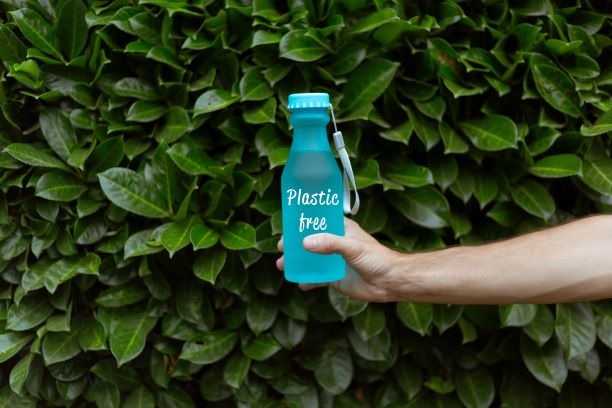
So, what’s the alternative? We simply cannot crawl into a lead bubble and protect ourselves from any and every plastic exposure, so here are my top tips to reduce your BPA exposure when trying to conceive.
- Switch your food containers to glass, ceramic or stainless steel. I know it’s heavier and less convenient, but they will last forever, don’t stain and will definitely be bisphenol free! This is especially important for hot foods or containers your reheat often. I made this switch over a year ago and invested in some glass containers and I won’t be going back!
- Visit your local bulk bin store. Instead of buying some of your favourite foods such as nuts, seeds, cereals, grains, dried pulses and flours in plastic bags or containers from the supermarket check out your local bulk bin health food store to stock up on these pantry essentials without the plastic exposure.
- Invest in reusable water bottles and coffee cups and take them with you as much as possible!
- Incorporate more naturally unpackaged wholefoods such as fresh fruit, vegetables, meats, fish and chicken, nuts and seeds that don’t come wrapped in plastic – great for your body too!
- Look for BPA free canned foods there are so many delicious and convenient as well as nutritious options available in the canned food aisle, it would be a shame to wave goodbye! From vegetables, legumes and beans to tinned fish, look for BPA free lining tins where possible.
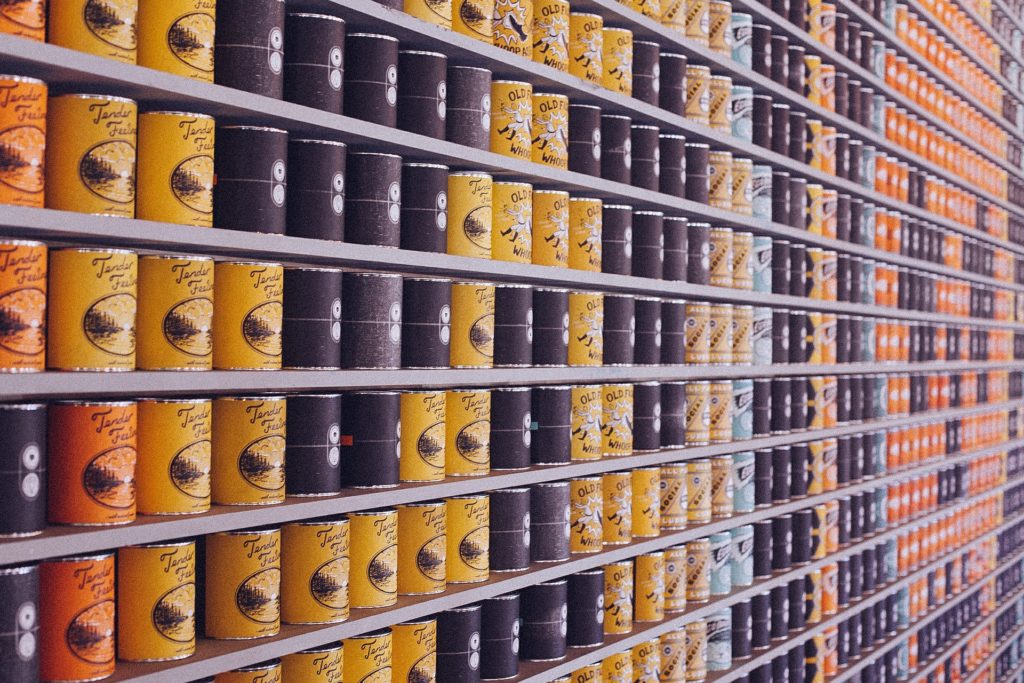
Confused about diet and lifestyle changes for your hormones and fertility? Need the help of an expert fertility dietitian and nutritionist to guide you? Book a consultation with a dietitian to discuss your needs today.

